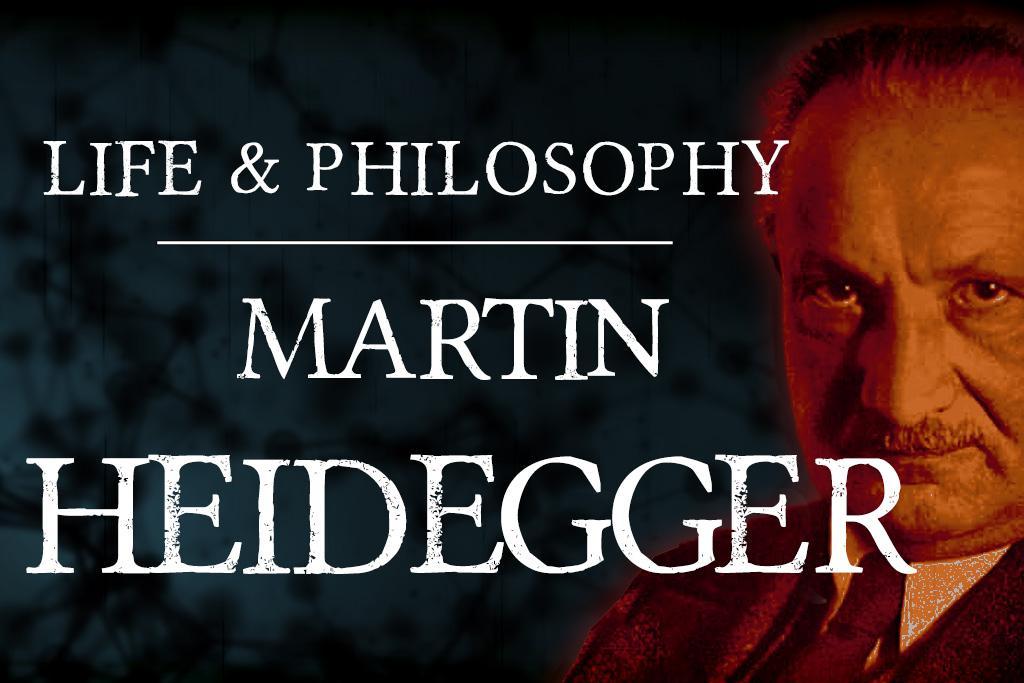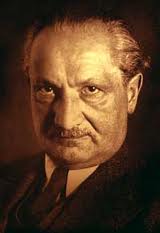Reference




OpenAI's Answer
Martin Heidegger, a central figure in existentialist and phenomenological philosophy, was significantly influenced by the pre-Socratic philosopher Heraclitus. This influence is evident in several of Heidegger's works and ideas. Here's a closer look at how Heraclitus impacted Heidegger's philosophy:
-
Fundamental Ontology:
- Heraclitus is best known for his doctrine of change and becoming, encapsulated in the phrase "everything flows" (Panta Rhei). Heidegger was deeply influenced by this idea as it challenged static conceptions of being. Heidegger's own ontology emphasizes that being is not a static presence but a dynamic, unfolding process (source).
-
The Concept of Logos:
- Heraclitus introduced the notion of Logos, which, in his view, represents the rational structure underlying the cosmos. Heidegger interpreted Logos as a fundamental principle that pre-dates and grounds logic and rationality itself. This interpretation led Heidegger to develop his concept of alētheia (truth as unconcealment), focusing on the disclosure of being rather than mere propositional truth (source).
-
Temporal Thinking:
- Heraclitus' view of the world being in constant flux influenced Heidegger's understanding of time and temporality. Heidegger's Being and Time explores the temporality of human existence, positing that being is fundamentally temporal and historical. This aligns with Heraclitus' perspective on the transitory nature of existence (source).
-
Return to the Origins:
- Heidegger sought to return to the origins of Western philosophy to rediscover a more original understanding of being, often referencing Heraclitus. By delving into pre-Socratic thought, Heidegger aimed to bypass the metaphysical constructs that emerged later in philosophy, particularly those established by Plato and Aristotle (source).
-
Dialogical Engagement:
- The Heraclitus Seminar, a series of discussions between Heidegger and his students, documented the ways Heidegger engaged with and interpreted Heraclitus' fragments. These seminars highlight the imaginative and experimental nature of Heidegger's thought as he articulates his own concepts through a dialogue with Heraclitus (source).


In summary, Heraclitus provided Heidegger with a framework to rethink the nature of being as dynamic and temporal, helping him to develop his own existential and phenomenological theories. This profound engagement with Heraclitus' ideas facilitated Heidegger's effort to return to a more original understanding of existence, free from later metaphysical distortions.
Follow Up
Related
What were the contributions of Simone de Beauvoir to philosophy?
What influence did Heraclitus have on existential psychotherapy explored by Rollo May?
What key topics does Richard Velkley focus on in his philosophical writings?
What stylistic influences can be seen in Rafael García Serrano's 'La fiel infantería'?